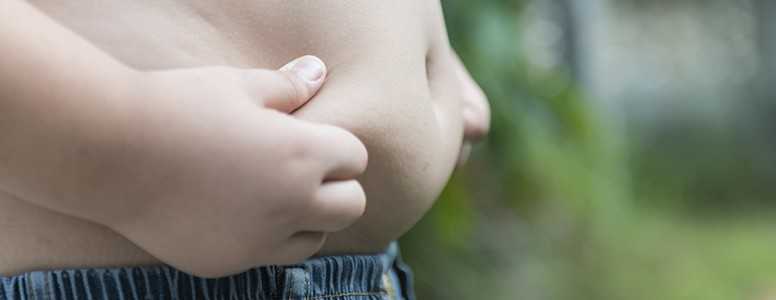Reducing sugar in soft drinks by 40 per cent over five years could prevent 300,000 cases of type 2 diabetes and 1.5m cases of obesity in the UK, according to new research.
The report, published in the journal Lancet Diabetes and Endocrinology, was conducted by researchers at Queen Mary University of London.
The study authors, led by Professor Graham MacGregor, chair of Action on Sugar, analysed data from both the government’s national diet and nutrition survey and the British Soft Drinks Association (BSDA). Using this data, they calculated the level of sugar-sweetened beverages (SSB) consumption in the UK and how they contribute to sugar and energy intake.
The researchers assessed that cutting the amount of sugar added to SSBs by 40 per cent over five years would lead to an average body weight reduction of 1.2kg.
This would prevent between 274,000 and 309,000 cases of obesity-related type 2 diabetes over the next 20 years, the report concluded, while 500,000 adults would no longer be overweight, and roughly one million would no longer be obese.
Alison Tedstone, chief nutritionist at Public Health England, welcomed the report. “Sugary drinks are the biggest source of sugar in young people’s diets,” she said. “We believe a programme to reduce the sugar from the sweetest drinks – alongside other measures like controls on advertising and marketing – would lead to a significant drop in the amount of calories consumed.”
The authors’ report added that gradually changing the sugar content in SSBs would be unlikely to affect people’s buying habits, but while people should be encouraged to drink fewer sugary drinks, “the advertising power of industry” makes this hard.
The authors said: “Our proposed strategy provides an innovative and practical way to gradually reduce energy intake from sugar-sweetened beverages and its combination with other strategies, including a tax on sugar-sweetened beverages, would produce a more powerful effect.”
Action on Sugar has called for a sugar tax on sugary drinks, but Prime Minister David Cameron rejected the introduction of a tax in 2015. The Government is due to publish its strategy on childhood obesity later this month.




